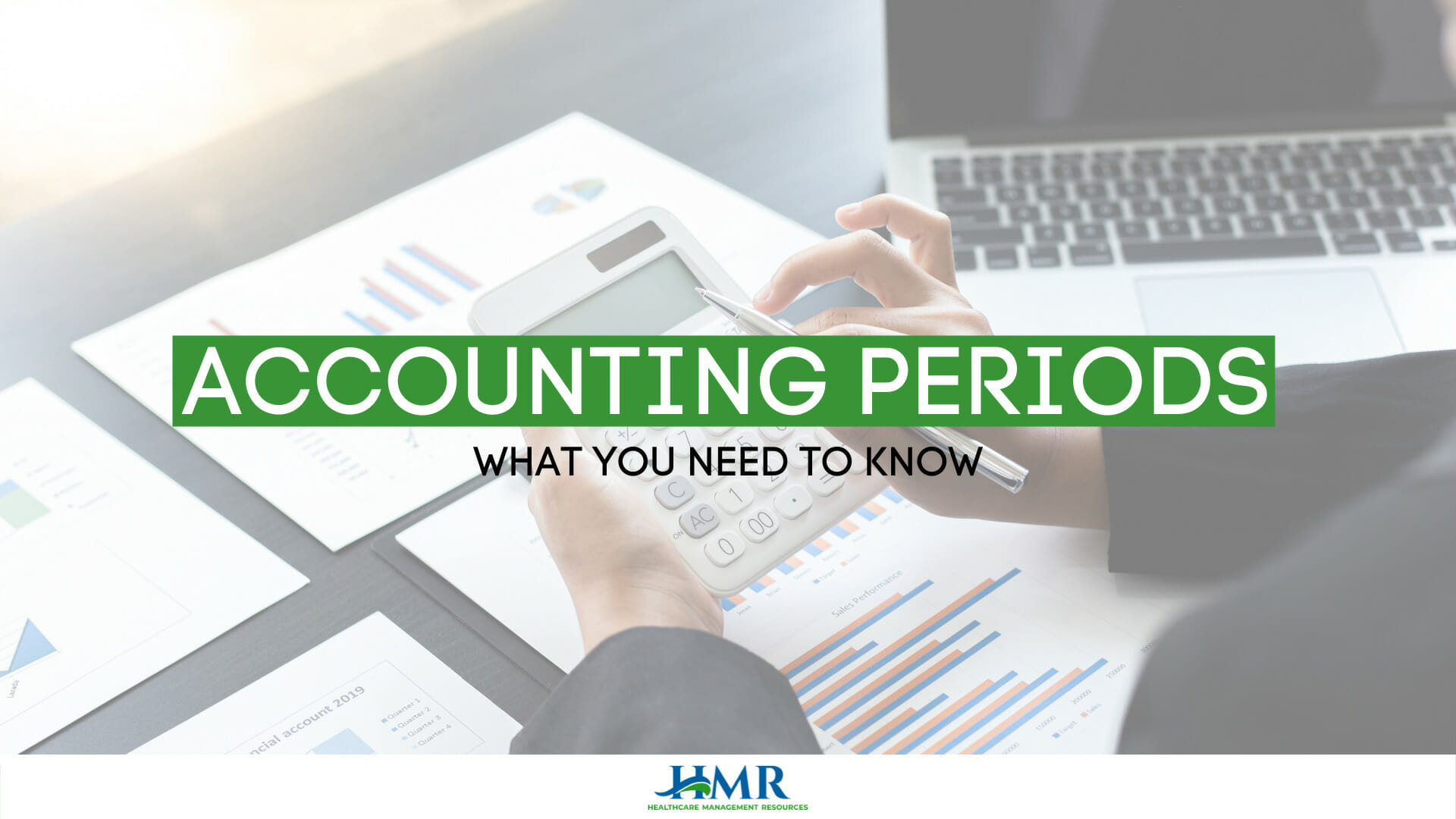Why Are Accounting Periods Important?

The year-end accounting period, also known as the fiscal year-end, is the designated period in which a company finalizes its financial records and prepares financial statements at the end of its fiscal year.
What is an accounting period?
An accounting period refers to the timeframe in which business owners collect and draw up all the required financial reports. These reports are usually sent to external parties such as tax collectors and other stakeholders. These accounting periods can either be 3, 6, or 12 months.
The main intention is to ensure that all the raw financial data that the company has generated in one period is converted into comprehensive reports for the company’s records. It’s a great tool to understand the business’s financial health.
There are different types of accounting periods such as calendar year (January 1st to December 31st), Fiscal year (52 week period but doesn’t have to end on December 31st), and the 4-4-5 period (4 quarters with one 5-week month and four 4-week months). A year-end accounting period refers to those ending on December 31st.
Now that we know what an accounting period is, let’s see how it can help you keep your business finances on track.
Why It’s Important to Set up the Proper Year-End Accounting Period for Your Business
Setting up a proper year-end accounting period for your business helps you understand the profitability of your business in a specific period. It gives you an accurate picture of exactly how your business is performing and what areas need improvement so that your overall financial health is sound.
It also ensures that all mandated financial statements are readily available at any given time. It helps you conform to local and international accounting standards, keeps you legally compliant, and protects you from any penalties or legal action. The year-end accounting period also ensures that you are keeping your finances on track and everything is accounted for in the long run.
The information is helpful for any stakeholder — governmental agencies, creditors, investors, and even you, the business owner.
5 Steps to Get a Head Start on Your Year-End Accounting Process
Collect all your financial statements
These statements make or break your business. Ensure that you have everything accounted for. Every payment receipt, invoice, credit/ debit note, etc., must be recorded. They make tax filing and loan applications so much easier, and you can seek all of this from your bookkeeper or digital bookkeeping app.
Review accounts payable & receivable
If you have a dedicated finance department, they should give you all this information. If you don’t, you can always check your accounting software, see which invoices are overdue, and make sure they’re paid before the year-end accounting period ends. If you’re due to pay somebody, make sure that is cleared too so that you can also generate the tax report.
Organize your business receipts
The better you’re organized, the better your business will perform over time. Any missing receipt could mean trouble for your business, as it might indicate that either payment was not made or not reported. This throws off your balance sheet — so make sure you have everything in hand, and if you don’t, dig till you find them.
Match all your cards & bank accounts
As a general rule of thumb, we recommend keeping your personal and business finances separate for the very purpose of reporting your income and taxes. It makes the process so much simpler. Tally any purchase made by your company with current company cards and bank accounts. If something seems out of place, make sure you have a justification ready in hand and can rectify it before the end of the year-end accounting period.
Use a certified CPA
We cannot stress this enough. Income and tax reporting is no joke, and neither is it simple. It’s always best to hire an accountant to help you get your finances under control. They also ensure that you’re accountable to your business and compliant with federal and state regulations. Make a backup of all your financial statements and send them much beforehand to your local CPA. They will assess the best way to report your finances and rectify any issues you might have.
At the end of it, you didn’t become a medical professional to act as a bookkeeper. So, reach out to us today, and let us help you streamline your practice!
